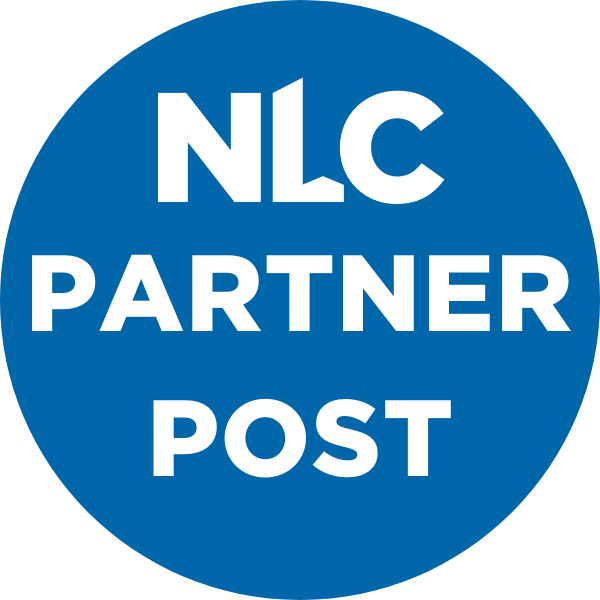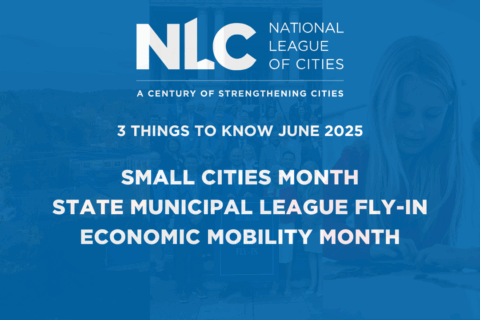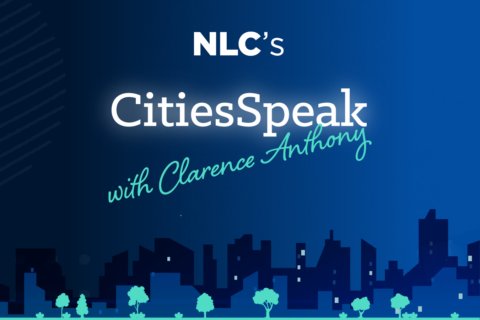Authored by Christine Butterfield, Senior Manager, Baker Tilly Public Sector Advisory
Are you an elected official serving on a council or board? Have you observed peers who display one or more of these behaviors?:
- Personal attacks and inappropriate language
- Dominating the discussion
- Using media or the public to attack colleagues’ or staff’s motives or integrity
- Purposely being non-cooperative
- Attempting to embarrass each other or staff
- Despite majority vote, continuing to speak against the decision of the governing body and members who voted in support
- Stacking the audience
- Viewing colleagues as enemies or competitors
- Acting outside defined roles (e.g., attempting to direct staff)
Governing Dysfunction
If you have observed one or more of these behaviors among your elected peers, we call them signs of governing dysfunction, and you are not alone! Not only are these behaviors unpleasant to experience, whether intentionally or unintentionally displayed, but they are also unproductive to governance.
According to Matt Fulbrooke, a board effectiveness researcher, “Governance is the act of intentionally creating effective conditions for making decisions.” When governance dysfunction prevails, it leads to ineffective conditions for making decisions. As such, it impedes your council or board’s ability to act and make decisions, dilutes the governance dialogue and diminishes transparency, and delays actions resulting in meaningful community solutions, improvements, enhancements and innovations.
Local government leaders should prioritize council/board governance because it directly affects the efficiency and success of managing a city or town. Here are a few key reasons why this matters:
- Accountability: Clear roles and responsibilities help ensure that elected officials and appointed managers are held accountable for their actions and decisions.
- Efficiency: A well-defined governance structure can streamline decision-making processes and improve the efficiency of municipal operations.
- Transparency: Council governance promotes transparency by involving elected representatives in the legislative process, making it easier for citizens to understand and engage with their local government.
- Community Representation: Elected councils represent the interests of their constituents, ensuring that local policies reflect the needs and preferences of the community.
Finding Solutions
It’s important to operate a good governance practice. Baker Tilly helps guide elected officials in a collaborative workshop setting to boost their relationships as a governing body and grow their capacity to govern. Below are some of the items we typically review, discuss and enroll members of councils and boards:
- Discuss the transition from the role of candidate/competitor to becoming a member of a governing body/collaborator.
- Review prescribed governing roles and responsibilities (e.g., codes, regulations and laws).
- Work collectively to establish a common language about ground rules/norms and operating procedures about how the council or board will govern.
- Discuss the alignment of council or board and staff goals along with the development of shared priorities.
Whether you engage our team, another consultant or do this critical work independently, governance is crucial. It’s not always easy, and perfection isn’t the goal. However, with the structure we’ve outlined and a growth mindset, you can guide your council or board members toward effective governance and positive community outcomes.
Disclaimer
Baker Tilly Advisory Group, LP and Baker Tilly US, LLP, trading as Baker Tilly, operate under an alternative practice structure and are members of the global network of Baker Tilly International Ltd., the members of which are separate and independent legal entities. Baker Tilly US, LLP is a licensed CPA firm that provides assurance services to its clients. Baker Tilly Advisory Group, LP and its subsidiary entities provide tax and consulting services to their clients and are not licensed CPA firms. The name Baker Tilly and its associated logo is used under license from Baker Tilly International limited. The information provided here is of a general nature and is not intended to address the specific circumstances of any individual or entity. In specific circumstances, the services of a professional should be sought. © 2024 Baker Tilly Advisory Group, LP
Visit the NLC Strategic Partnerships page to learn more about the organizations like Baker Tilly dedicated to making NLC the premier resource for local governments.”








